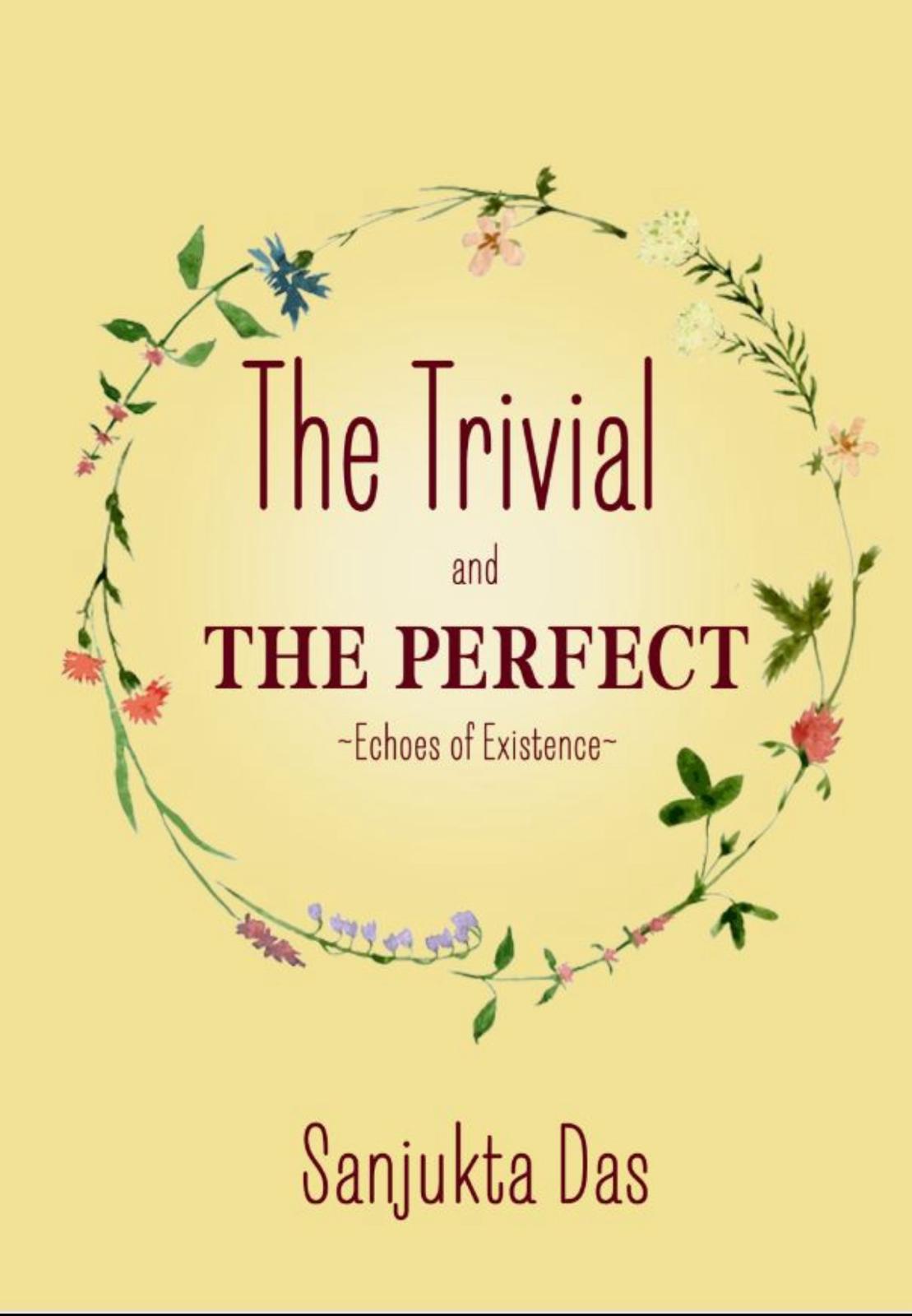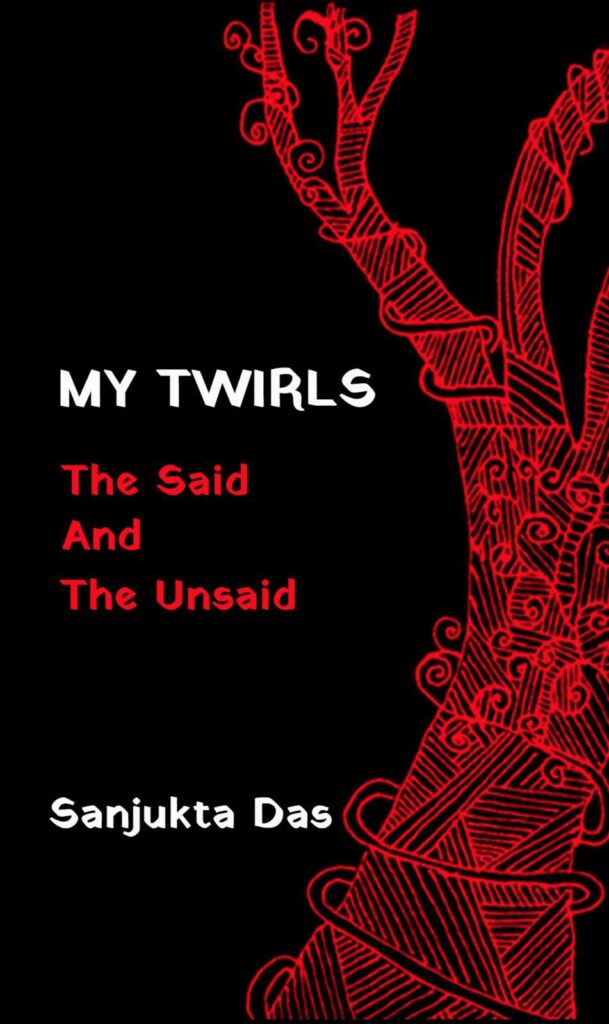Choosing the right form of expression in poetry, whether it’s free verse or structured poetry, is a critical decision that directly impacts how the poet’s message and emotions are conveyed. The choice between the two forms depends on the poet’s intent and the effect they wish to achieve. Free verse allows for greater creative freedom and flexibility, as it lacks strict rules and patterns. It empowers poets to experiment with language, rhythm, and line breaks, offering a sense of liberation and authenticity. On the other hand, structured poetry, such as sonnets or haikus, adheres to specific rules, providing a disciplined framework that challenges poets to convey their ideas within a defined structure. The importance of choosing the right form lies in its ability to complement and amplify the poem’s content. A well-chosen form enhances the poem’s emotional impact, strengthens its themes, and helps to create a harmonious relationship between the poet and the reader. Whether it’s the raw emotion of free verse or the elegant precision of structured poetry, the form serves as a vessel for the poet’s voice, allowing them to connect more profoundly with their readers and leave a lasting impression.
What is a Free Verse?
Free verse is a captivating and liberating style of poetry that offers poets a blank canvas to paint their thoughts and emotions without the confines of traditional rules. In this wonderfully expressive form, poets are free to let their creativity run wild and experiment with the structure of their verses. Unlike structured poetry, which often follows strict rhyme schemes, meter, and syllable counts, free verse tosses all those constraints out the window. It’s like dancing to the beat of your own poetic drum!
In free verse, poets can play with the length of their lines, choosing short and snappy phrases or long and flowing sentences. They can break up their poem into stanzas that feel right for the poem’s rhythm and flow, without worrying about adhering to any predetermined pattern. This freedom allows for a more natural and conversational tone, making the poetry feel intimate and genuine, as if the poet is having a heart-to-heart chat with the reader.
What makes free verse truly magical is its ability to capture raw emotions in their purest form. It allows poets to pour their deepest thoughts and feelings onto the page without being constrained by rhymes or structures. This unbridled expression gives the poems a sense of authenticity, making them resonate deeply with readers.
Let’s take a look at some classic examples of free verse poetry. In “Song of Myself” by Walt Whitman, the poet celebrates the diversity and individuality of every human being, embracing the beauty of unique identities. He writes, “I celebrate myself, and sing myself, / And what I assume you shall assume, / For every atom belonging to me as good belongs to you.”
Langston Hughes, a master of free verse, uses this form to address social issues and the African American experience. In “Harlem,” he poses a powerful question about the deferred dreams of a marginalized community: “What happens to a dream deferred? / Does it dry up like a raisin in the sun?”
With free verse, the possibilities are endless, and every poet’s voice is as unique as a fingerprint. It’s a playground for artistic expression, and there’s no right or wrong way to do it. Some poets may use repetition for emphasis, while others might experiment with enjambment to create a sense of movement and flow. The lack of rules opens up a world of opportunities for poets to craft a diverse range of emotions and perspectives into their verses.
In conclusion, free verse is a liberating and soulful form of poetry that encourages poets to embrace their individuality and speak from the heart. With no strict structure to confine them, poets can unleash their creativity and craft verses that resonate deeply with readers. It’s a genre that celebrates the power of expression and celebrates the beauty of language in all its untamed glory. So, grab a pen and let your poetic spirit soar in the world of free verse!
What is a Structured Poetry?
Structured poetry is like the cool cat of the poetic world, following specific rules and patterns to create a harmonious and organized piece of art. Unlike free verse, which dances to its own beat, structured poetry sticks to a set rhythm, rhyme scheme, and often a certain number of syllables per line. It’s like a perfectly choreographed dance where every step has its place.
Structured poetry comes in various forms, each with its own unique rules and guidelines. For example, sonnets are a classic structured form that originated in Italy. They usually consist of 14 lines, with a specific rhyme scheme. One famous sonnet is Shakespeare’s “Sonnet 18,” where he writes, “Shall I compare thee to a summer’s day? / Thou art more lovely and more temperate.”
Another popular form is the haiku, which comes all the way from Japan. Haikus have just three lines and follow a syllable pattern of 5-7-5. It’s like a poetic snapshot, capturing a moment in nature. Here’s a beautiful example by Matsuo Basho: “An old silent pond… / A frog jumps into the pond, / Splash! Silence again.”
Structured poetry is like a puzzle waiting to be solved, challenging poets to craft their thoughts within its confines. Some poets find comfort and inspiration in these forms, as the structure gives them a framework to build upon and guides their creative flow. The constraints of the form can lead to surprising and ingenious wordplay, making it a delightful puzzle for both the poet and the reader.
In conclusion, structured poetry is like a well-orchestrated symphony, with each element working together to create a cohesive and impactful piece. The adherence to rules and patterns provides a sense of order and balance, allowing poets to explore their creativity within a defined structure. From sonnets to haikus and beyond, structured poetry offers a delightful array of forms that showcase the beauty of language and the skill of the poet. So, if you’re up for a poetic challenge, give structured poetry a whirl and let your verses dance to its rhythmic tunes!
Why is a Form of Expression Important in Poetry?
Having a form of expression in poetry is essential because it provides structure, coherence, and direction to the poet’s creative endeavors. Just like a painter chooses a canvas size or a musician selects a musical key, a form of expression in poetry serves as the framework within which the poet can channel their thoughts, emotions, and ideas.
- Clarity of Message: A form of expression helps poets convey their message more effectively. Whether it’s the rhyming patterns of a sonnet or the free-flowing lines of free verse, the chosen form adds clarity to the poet’s intentions and ensures that the poem communicates its essence with precision.
- Emotional Impact: The right form can amplify the emotional impact of a poem. Structured poetry with its rhythmic patterns and repeated sounds can create a mesmerizing and memorable experience for the reader. On the other hand, free verse allows for raw and unfiltered emotions to flow, evoking a powerful and unbound response.
- Creative Challenge: Embracing a specific form challenges the poet’s creativity and craftsmanship. It pushes them to explore different linguistic and structural techniques to fit their ideas within the chosen mold. This challenge fosters growth and innovation, enriching the poet’s skillset and expanding their artistic horizon.
- Consistency and Unity: A form of expression promotes consistency and unity in a poem. It helps poets maintain a cohesive flow and rhythm, tying the verses together into a harmonious whole. This cohesion strengthens the poem’s impact and ensures that the reader remains engaged throughout.
- Honoring Tradition: Traditional poetic forms, such as sonnets or villanelles, have stood the test of time. By using these forms, poets pay homage to the rich heritage of poetry and become part of a broader literary conversation that spans centuries.
- Personal Voice and Style: The choice of form is an opportunity for poets to express their individuality and style. The way they navigate the structure and add their personal flair distinguishes them from other poets, making their work unique and authentic.
Having a form of expression in poetry is like choosing the perfect vessel to carry the poet’s thoughts and emotions across to the reader. It empowers the poet to shape their creative output, offering a foundation for artistic exploration and self-expression. Whether following traditional forms or embracing the free spirit of free verse, the form of expression enhances the poetry, giving it depth, coherence, and resonance, while also reflecting the poet’s artistic journey and identity.
Who Should Have Free Verse as a Form of Expression?
Free verse, with its unbridled creativity and lack of strict rules, is an ideal form of expression for poets who thrive on artistic freedom and want to push the boundaries of traditional poetry. It suits those who seek to break away from conventional structures and embrace a more spontaneous and natural style of writing. Poets who wish to convey their emotions and thoughts in a raw, authentic, and unrestrained manner can find solace in free verse. This form empowers them to explore unconventional metaphors, experiment with line breaks, and let the rhythm of their words flow organically, reflecting the ebb and flow of their inner emotions. Free verse is especially appealing to those who desire a dynamic and fluid canvas to paint their verses, enabling them to create poetry that feels like an intimate conversation with the reader. Additionally, poets who want to challenge their own creativity and discover new ways of expressing themselves can find free verse a liberating playground, where they can craft unique and original works that defy the constraints of traditional poetic forms. In essence, free verse beckons the adventurous and daring souls of poetry, those who yearn to unleash the full force of their imagination and let their poetic voice soar freely without the shackles of rules and structures.
Who Should Have Structured Poetry as a Form of Expression?
Structured poetry is a perfect form of expression for poets who relish the beauty of order, discipline, and the challenge of crafting within a defined framework. It appeals to those who find inspiration in tradition and wish to pay homage to the rich history of poetic forms. Poets who appreciate the musicality and rhythm that structured patterns bring to their verses will find joy in crafting sonnets, villanelles, or haikus. Structured poetry is well-suited for those who enjoy the puzzle-like nature of adhering to specific rules, such as syllable counts, rhyme schemes, or meter. It allows them to channel their creativity through the lens of a well-established form, which can lead to ingenious wordplay and creative solutions. Additionally, poets who seek a sense of cohesion and unity in their poems can achieve this through structured poetry, where the form itself contributes to the poem’s coherence and flow. Moreover, for those who embrace the challenge of weaving their emotions and ideas into the delicate tapestry of structured verse, it becomes a rewarding endeavour that showcases their skill and mastery. In summary, structured poetry beckons to poets who appreciate the artistry of form and the beauty of tradition, offering a canvas where they can showcase their talent, honor the past, and create poetry that dances gracefully to the rhythm of its own rules.
Whats The Main Difference Between Free Verse and Structured Poetry?
The main difference between free verse and structured poetry lies in their approach to form and rules. Free verse is a form of poetry that embraces creative freedom, allowing poets to write without adhering to strict patterns of rhyme, meter, or syllable count. It flows like natural speech, with lines and stanzas varying in length, creating a more organic and spontaneous feel. Poets in free verse can experiment with language, rhythm, and structure, giving their verses a raw and unrestrained quality that reflects the ebb and flow of emotions. On the other hand, structured poetry follows specific rules and patterns, such as rhyme schemes, syllable counts, and meter. Poets in structured forms must adhere to the constraints of the chosen form, crafting their verses within the defined framework. This results in a more disciplined and ordered style of poetry, where the musicality and harmony of the verses are carefully orchestrated. While free verse celebrates the beauty of artistic expression without boundaries, structured poetry embraces the challenge of creating within a set structure, honouring tradition and adding a sense of unity and coherence to the poem. Both forms offer unique opportunities for poetic expression, catering to different sensibilities and artistic preferences.
In conclusion, the form of expression in poetry holds immense importance as it shapes the way poets communicate their thoughts, emotions, and ideas to their audience. Whether through the free-spirited flow of free verse or the disciplined elegance of structured poetry, the chosen form adds depth, coherence, and impact to the poem. Free verse empowers poets with creative freedom, enabling them to unleash their imagination and craft verses that resonate authentically. On the other hand, structured poetry provides a framework that challenges poets to showcase their skill and ingenuity within the constraints of specific rules. Both forms offer unique avenues for self-expression, appealing to different poetic sensibilities. To explore the world of poetry writing and discover your unique tone, check out my other blog “How to Start Writing Poetry: Essential Tips and Techniques for Beginners.” There, you’ll find step-by-step guidance and valuable techniques to embark on your poetic journey with confidence and passion. Happy writing!





